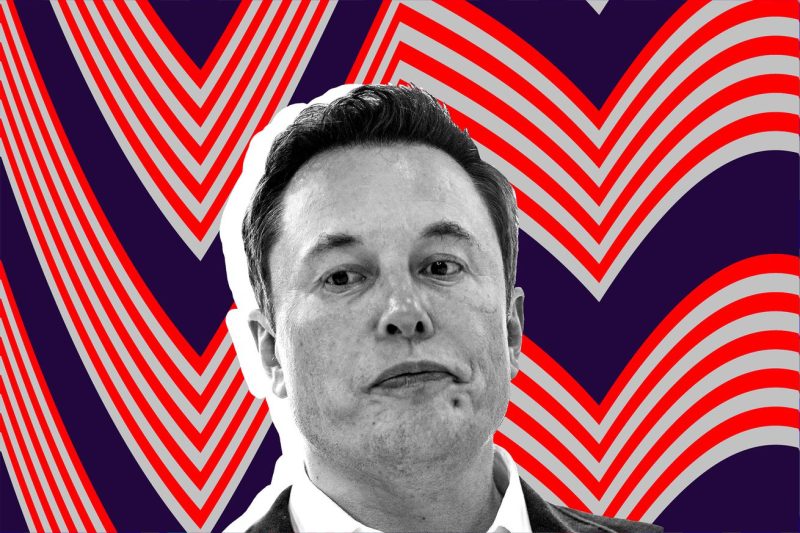In a recent exchange of ideas with former President Donald Trump, tech entrepreneur Elon Musk expressed a viewpoint that may seem surprising to some: the belief that the oil and gas industry should not be vilified. This perspective challenges the common narrative that portrays the fossil fuel sector as a primary antagonist in the ongoing battle against climate change. Musk’s statement adds depth to the ongoing discourse surrounding environmental issues and sustainable energy solutions.
Musk’s stance reflects a nuanced understanding of the complexities surrounding the global energy landscape. While he is widely recognized for his pioneering work in the electric vehicle and renewable energy sectors, Musk’s acknowledgment of the role played by traditional energy sources signifies a pragmatic approach to addressing climate challenges. By acknowledging the importance of the oil and gas industry, Musk opens the door to a more inclusive and cooperative approach to transitioning towards a sustainable future.
The debate over the oil and gas industry’s impact on the environment is deeply polarized, with proponents of renewable energy sources often taking a hardline stance against fossil fuels. Musk’s willingness to engage in a more balanced conversation suggests that progress in transitioning to cleaner energy sources may benefit from collaboration and dialogue rather than confrontation and demonization. By fostering a more open exchange of ideas, stakeholders from all sectors can work together to develop innovative solutions that address both environmental concerns and energy needs.
Critics may argue that Musk’s comments represent a conflict of interest, given his substantial investments in renewable energy technologies. However, Musk’s track record of pushing boundaries and disrupting established industries suggests that his motivations go beyond personal gain. His vision of a sustainable future includes a diversified energy portfolio that leverages the strengths of both traditional and emerging technologies, maximizing the benefits of each while minimizing their drawbacks.
In many ways, Musk’s stance on the oil and gas industry reflects a pragmatic realism that acknowledges the current energy infrastructure’s complexities. While he remains a strong advocate for renewable energy and electric vehicles, Musk’s recognition of the need for a gradual transition underscores the challenges of balancing environmental and economic considerations. By engaging in constructive dialogue with stakeholders across the energy spectrum, Musk demonstrates a commitment to finding common ground and driving meaningful change.
Ultimately, Musk’s evolution from a disruptor in the tech industry to a voice of reason in the energy sector highlights the importance of maintaining an open mind and seeking common goals. As society grapples with pressing environmental issues, the willingness to engage in productive conversations and explore innovative solutions becomes increasingly critical. Elon Musk’s call to avoid vilifying the oil and gas industry serves as a reminder that progress often stems from collaboration, even in the face of divergent interests and viewpoints.


























